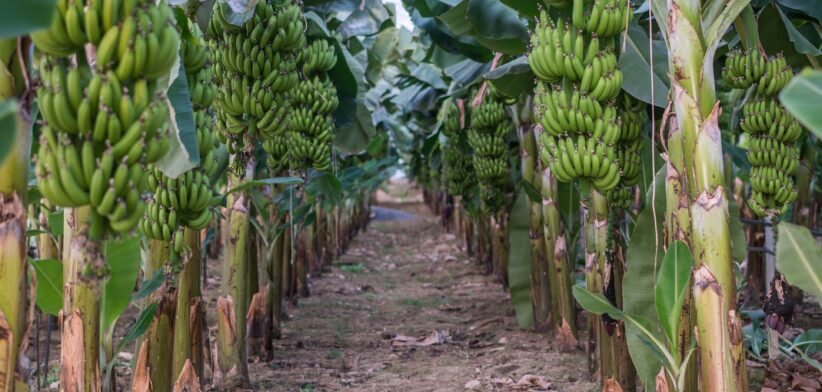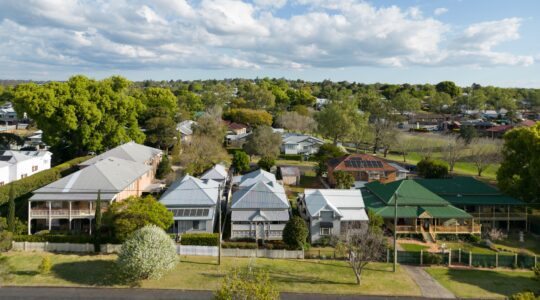Brisbane researchers have secured the future of the global banana industry by producing a disease-resistant variety which has now been approved for consumption.
Current banana varieties are susceptible to Panama Disease and Tropical Race 4 (TR4), with the majority of the world’s crop at risk.
Federal Minister for Agriculture Julie Collins said QUT researchers had developed the QCAV-4 variety of the Cavendish banana which counteracted the effects of the fungal diseases that starved bananas of their nutrients eventually killing the plant.
Minister Collins said Australia’s place in the $30 billion global banana market had been safeguarded with the new genetically modified banana now granted approval for commercial release and consumption.
“Following 20 years of development and rigorous scientific assessment to ensure it is safe for consumption, QCAV-4 received final regulatory approval from Food Standards Australia New Zealand (FSANZ) earlier this year,” she said.
“The approval comes at an important time as the disease impacts banana industries across the world, including here in Australia which consumes around five million bananas per day.”
Minister Collins said TR4 was estimated to have the potential to impact 80 percent of global banana production.
“While there is no immediate demand locally to bring QCAV-4 to market due to our biosecurity system successfully keeping Panama Disease from devastating the Australian banana industry, there are a number of countries with an increasing need to find a sustainable, long-term solution to the ravages of TR4.
“Panama disease has caused havoc in the Philippines and China, spreading quickly in South-East and south Asia, parts of Africa and now South America.
“Once in the soil the disease can remain for up to 50 years, which can be devastating for producers and consumers.”
She said genetically modified labelling provisions would apply to food derived from QCAV-4, so consumers can make informed choices should the banana be commercially produced and sold.
Minister Collins said the team behind its creation were now turning their attention to developing a non-genetically modified, gene-edited version of the product that can resist TR4 and other diseases.
“This is an important milestone for researchers at QUT and a significant development in the fight against potential threats to Australian biosecurity.








